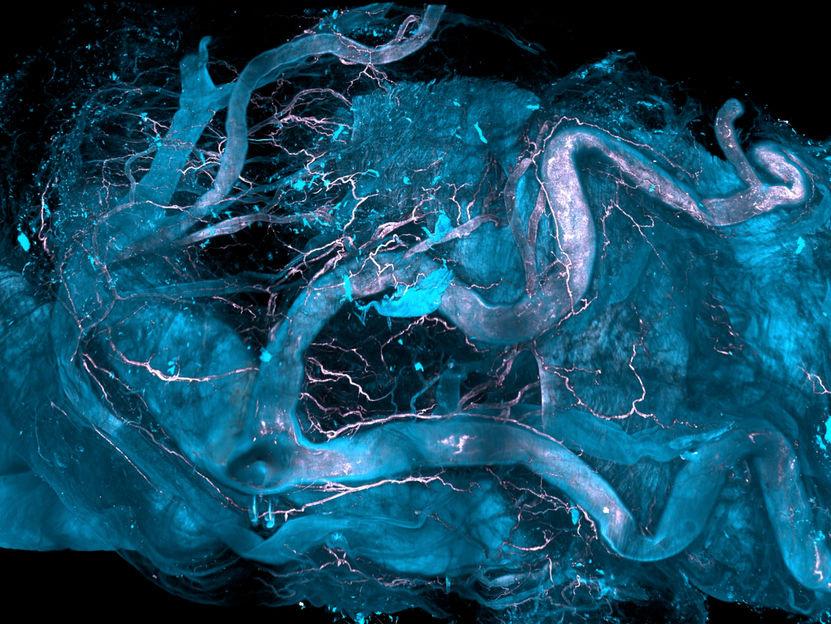UCB announces Phase 3 clinical trial program for epratuzumab in Systemic Lupus Erythematosus did not meet primary endpoint
UCB announced that the two EMBODY™ Phase 3 clinical studies for epratuzumab in systemic lupus erythematosus (SLE) did not meet their primary clinical efficacy endpoints in either dose in both studies. Treatment response in patients who received epratuzumab in addition to standard therapy was not statistically significantly higher than those who received placebo in addition to standard therapy.
“Although we are disappointed with the results from the Phase 3 program, our commitment to the lupus community remains. We are focused on developing new therapies for the treatment of immunological conditions including SLE and have another SLE drug in clinical development. We would like to express our sincere thanks to the patients and clinical investigators who made the EMBODY™ program possible. It has produced a comprehensive dataset and we look forward to sharing the findings with the scientific community,” said Professor Dr. Iris Loew-Friedrich, Chief Medical Officer and Executive Vice President, UCB. “Today’s news does not alter UCB’s strategy as we remain committed to delivering value for patients living with lupus and other immunologic diseases.”
The EMBODY™ Phase 3 clinical program consisted of two identical studies – EMBODY™ 1 and EMBODY™ 2. EMBODY™ 1 and EMBODY™ 2 were multicenter, randomized, double-blind, placebo-controlled 48-week studies. In each study, patients (n= 786 for EMBODY™ 1; n=788 for EMBODY™ 2) received placebo or treatment with 2400 mg of epratuzumab over four 12-week treatment cycles, administered as 600 mg every week for four weeks or 1,200 mg every two weeks for four weeks. All patients were taking corticosteroids at the start of the trial, in addition to epratuzumab or placebo, while immunosuppressant and antimalarial therapies were administered per their standard therapy regimen. The primary endpoint of the studies was the percentage of patients meeting treatment response criteria at Week 48 according to a combined response index, the BILAG-based Combined Lupus Assessment (BICLA).
A high level review of the safety data did not identify any new safety concerns. The most common adverse events in both studies were upper respiratory tract infection, urinary tract infection, headache and nausea.
Epratuzumab is an investigational medicine and is not approved for the treatment of SLE by any regulatory authority worldwide. Epratuzumab was licensed from Immunomedics Inc (NASDAQ: IMMU) by UCB for clinical development and commercialization in all autoimmune disorders.
Most read news
Organizations
Other news from the department research and development

Get the life science industry in your inbox
By submitting this form you agree that LUMITOS AG will send you the newsletter(s) selected above by email. Your data will not be passed on to third parties. Your data will be stored and processed in accordance with our data protection regulations. LUMITOS may contact you by email for the purpose of advertising or market and opinion surveys. You can revoke your consent at any time without giving reasons to LUMITOS AG, Ernst-Augustin-Str. 2, 12489 Berlin, Germany or by e-mail at revoke@lumitos.com with effect for the future. In addition, each email contains a link to unsubscribe from the corresponding newsletter.
Most read news
More news from our other portals
Last viewed contents

Novel spatial-omics technology enables investigation of diseases at their early stages - How can you trace a single diseased cell in an intact brain or a human heart?
A long day for microbes, and the rise of oxygen on Earth

Better than Humans: Artificial Intelligence in Intensive Care Units - An AI can suggest appropriate treatment steps in cases of blood poisoning: The computer has already surpassed humans in this respect
Patellar_reflex
Seymour_S._Kety
Congenital_absence_of_the_vas_deferens
Mucolipidosis
Cerenis Reports Positive Results for Phase 1 Study of CER-001, an HDL mimetic, for the Treatment of Cardiovascular Disease
Deer_Horn_Knives





















































